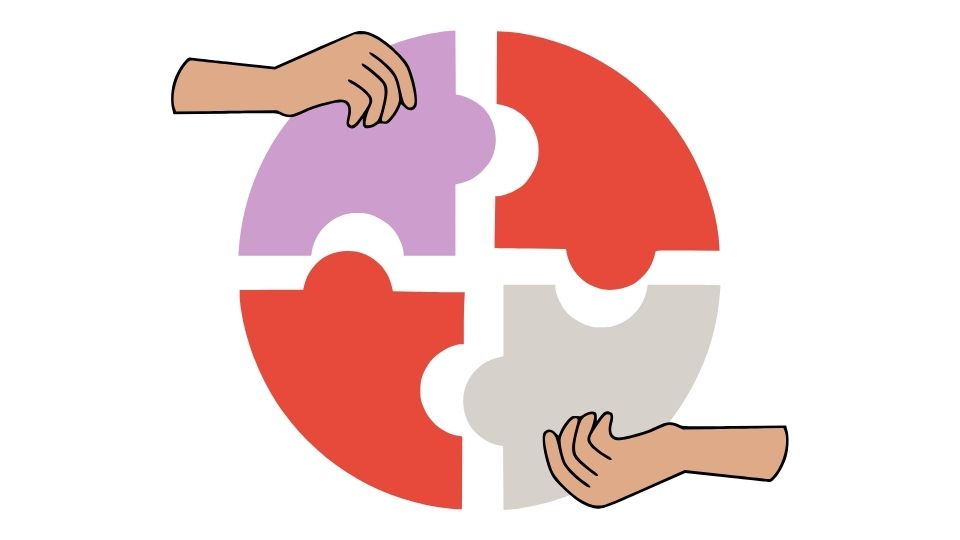What Really Happens at a Wellness Retreat (And Is It Worth the Cost?)

Ever wondered what a wellness retreat actually is? (And no, it’s not just a fancy vacation where you drink green juice and do yoga once)
It’s an immersive experience designed to improve your overall health – mind, body, and soul. Unlike regular vacations where you might come back needing another vacation, wellness retreats are structured programs that help you reset and return home feeling genuinely better.
Let’s dive into what makes these retreats special, why they might be worth your time and money, and how to pick one that won’t leave you rolling your eyes at woo-woo nonsense.
A wellness retreat is basically an investment in yourself. It’s a chance to escape your daily responsibilities and focus completely on your own wellbeing in a peaceful environment (usually somewhere gorgeous in nature).
Think of it as a personal reset button.
Core Components You’ll Find at Most Retreats

Most wellness retreats include some mix of:
- Mindfulness & Meditation: Daily meditation sessions, breathwork, and mindfulness practices to quiet your mind and reduce stress
- Movement Sessions: Yoga, hiking, swimming, or other physical activities that get your body moving without destroying you
- Healthy Food: Nutritious meals (often plant-based or organic) without you having to cook or clean up afterward
- Healing Treatments: Massages, acupuncture, sound baths, and other therapies to help you relax
- Reflection Time: Journaling, goal-setting workshops, and guided self-discovery exercises
- Community: Connecting with like-minded people who are also prioritizing their health
The exact mix depends on the retreat, which brings me to my next point
Different Types of Wellness Retreats

Not all wellness retreats are created equal. Some popular types include:
Fitness-focused retreats: Think boot camps, yoga intensives, or hiking adventures. These put physical activity front and center.
Meditation retreats: These emphasize silence, mindfulness, and spiritual practices. Some are completely silent for days (not for the faint of heart).
Detox retreats: Focus on cleansing through nutrition, juicing, fasting, or other dietary approaches.
Healing retreats: Designed for emotional processing, trauma release, or specific mental health challenges.
Specialty retreats: These might center around a specific practice like breathwork, cold exposure, or even creative pursuits.
So why would anybody spend their hard-earned vacation time and money on a wellness retreat instead of, say, an all-inclusive resort with unlimited piña coladas?
Physical Health Improvements

Studies have shown that wellness retreats can produce measurable health benefits:
- Lower blood pressure and stress hormones after just a week
- Better sleep quality that continues after you return home
- Reduced inflammation markers in the body
- Weight loss (if that’s a goal)
For more on how wellness retreats can aid in improving physical health, visit this study highlighting significant improvements in cardiovascular risk factors and weight.
Mental Health Reset
Wellness retreats can be particularly effective for mental health because:
- They remove you from your usual stress triggers
- They provide structure without responsibility (the sweet spot!)
- You get space to think without constant interruptions
- Professional guidance helps you work through issues
- The community aspect reduces feelings of isolation
To better understand the science behind stress reduction and mindfulness, check out this explanation on Wellness Tourism, which discusses how practices like yoga and meditation affect the brain.
That everyday anxiety that’s become your normal? You might be surprised how much of it melts away after a few days in a structured wellness environment.
Personal Growth & Perspective

Beyond the immediate health benefits, wellness retreats often trigger lasting personal insights:
- Clarity about life priorities
- New habits that stick
- Perspective on problems that seemed overwhelming
- Tools for dealing with future challenges
- Connections with people who share your values
To explore further how travel and retreats can impact personal growth and mental well-being, visit Travel Bash, which discusses the broader effects of wellness travel.
With wellness retreats ranging from $500 weekend getaways to $10,000+ luxury experiences, how do you choose one that’s worth your time and money?
Ask Yourself These Questions First:
1. What’s my main goal? Stress reduction? Fitness boost? Emotional healing? Spiritual connection?
2. What’s my comfort level? Are you OK with shared accommodations and basic amenities, or do you need luxury to relax?
3. How structured do I want it? Some retreats schedule every minute while others offer more freedom.
4. What’s my budget? Remember to factor in travel costs, additional treatments, and tips.
5. Who’s leading it? Look into the credentials and experience of the retreat leaders.
For information on creating engaging content related to wellness retreats without using overly promotional language, refer to Moz’s guidelines on natural anchor text, which helps ensure that your content is both informative and user-friendly.
For budget-conscious options, explore our tips on finding affordable retreats with powerful benefits.
Red Flags to Watch For:
- Vague promises about “life-changing” experiences without specifics
- Leaders with questionable credentials or no verifiable training
- Extreme protocols like extended fasting without medical supervision
- Cult-like language or pressure to commit to future programs
- No clear cancellation policy or refund options
A good wellness retreat isn’t a miracle cure for everything in your life, but it can be a powerful reset button and give you tools to maintain better health moving forward.
While you probably can’t blame microplastics for all your health problems, the chronic stress, poor sleep, and disconnection that many of us experience are definitely making us sick. Wellness retreats offer a structured way to address these issues.
Is it worth the investment? That depends on your personal circumstances, but many people find that the clarity and tools they gain from a well-chosen retreat continue to benefit them long after they return to regular life.

